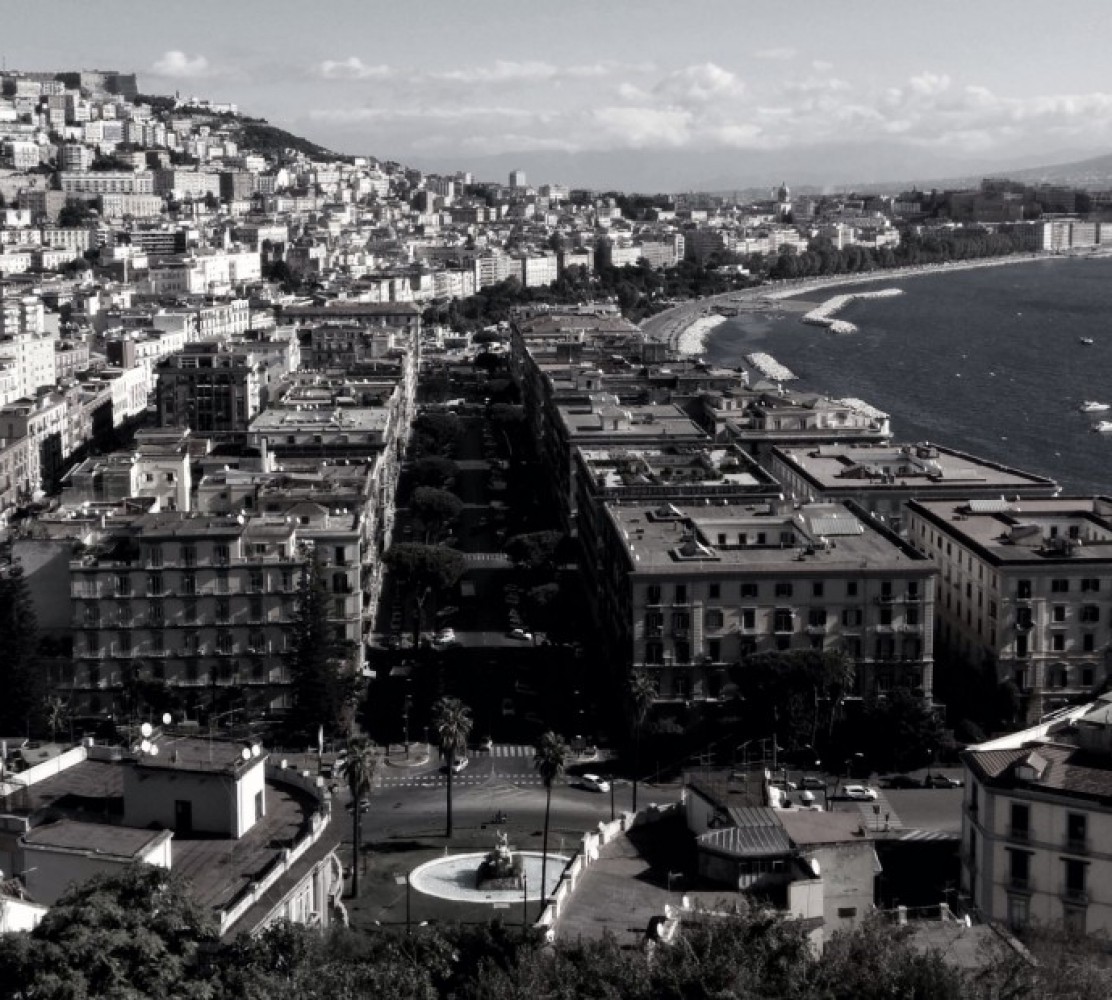In today’s Italian lesson, we tackled the Subjunctive. As in English, it is used to express ‘various states of unreality such as wish, emotion, possibility, judgment, opinion, necessity, or action that has not yet occurred‘. Unlike modern English, in which the subjunctive is hard to make out, in Italian it is a minefield for foreigners and, according to my teacher, when used properly is the mark of an educated native speaker.
This lead to a long conversation about the differences between English and Italian. My teacher said that Italians pick up the lax English grammar rules (what there are) quickly; what they struggle with is pronunciation, the sheer magnitude of English vocabulary and the way English speakers use word order and qualifiers to provide nuance and meaning. Conversely, the English pick up basic Italian vocabulary quickly (aka restaurant Italian) but can have problems with rigid grammar rules, pronouns, reflexives and cases such as the pluperfect and of course the subjunctive.
Continue reading →




